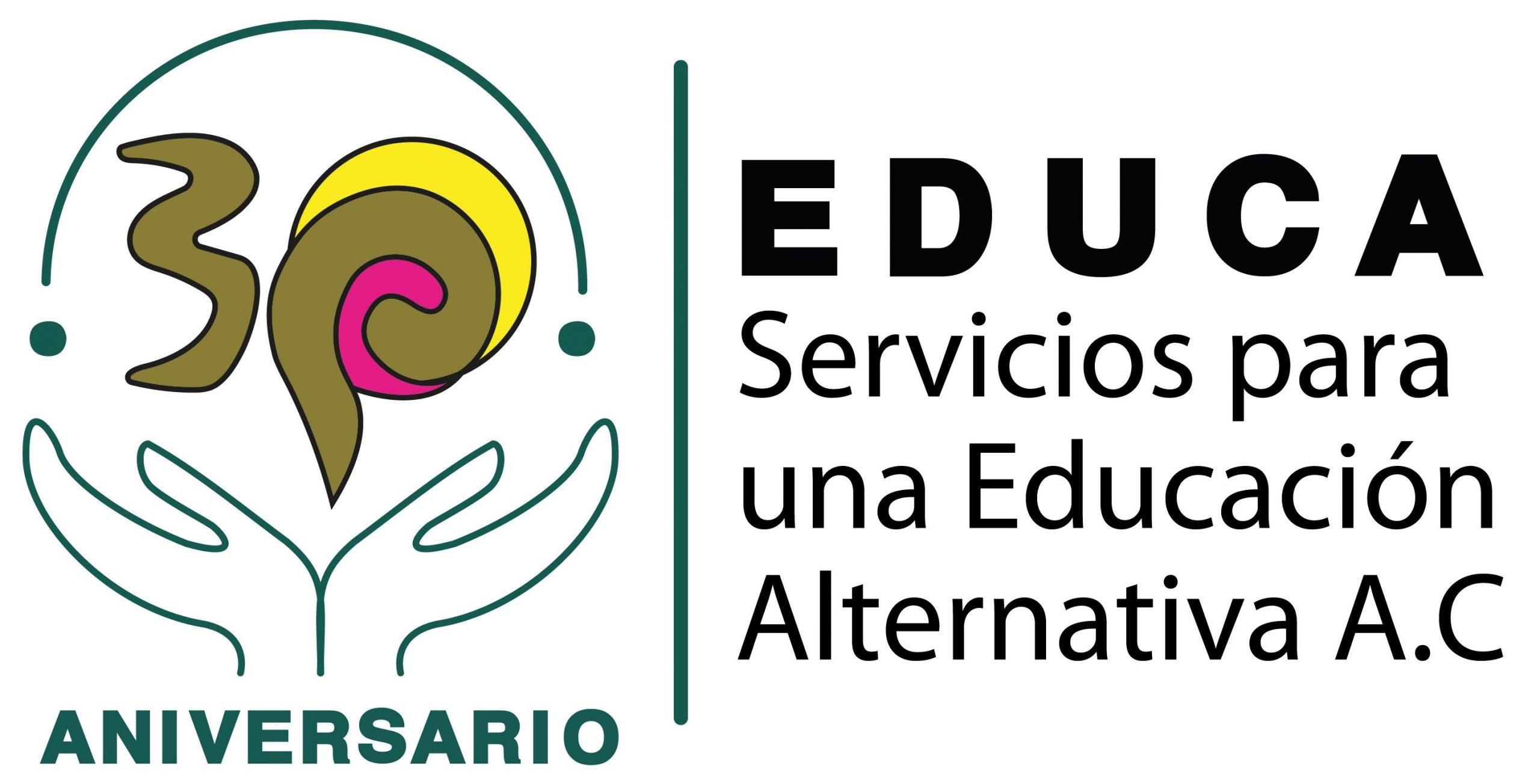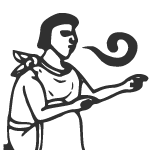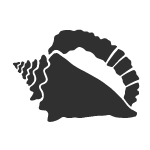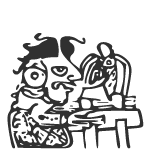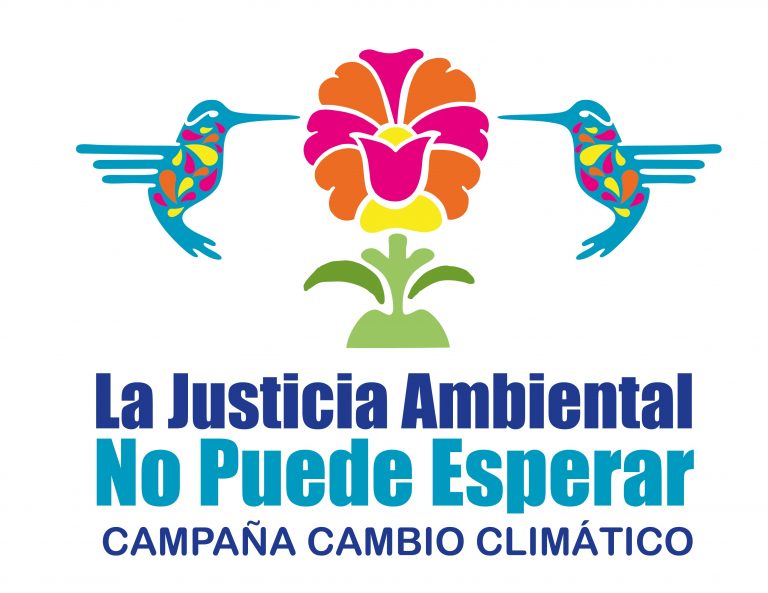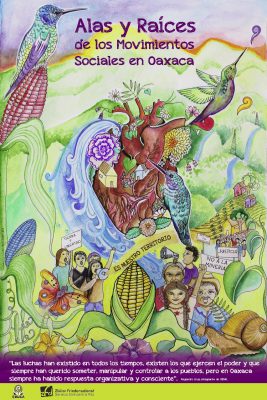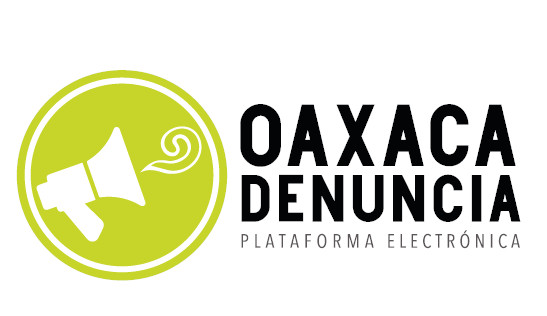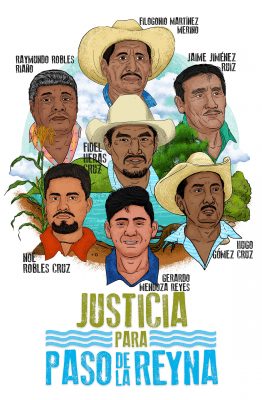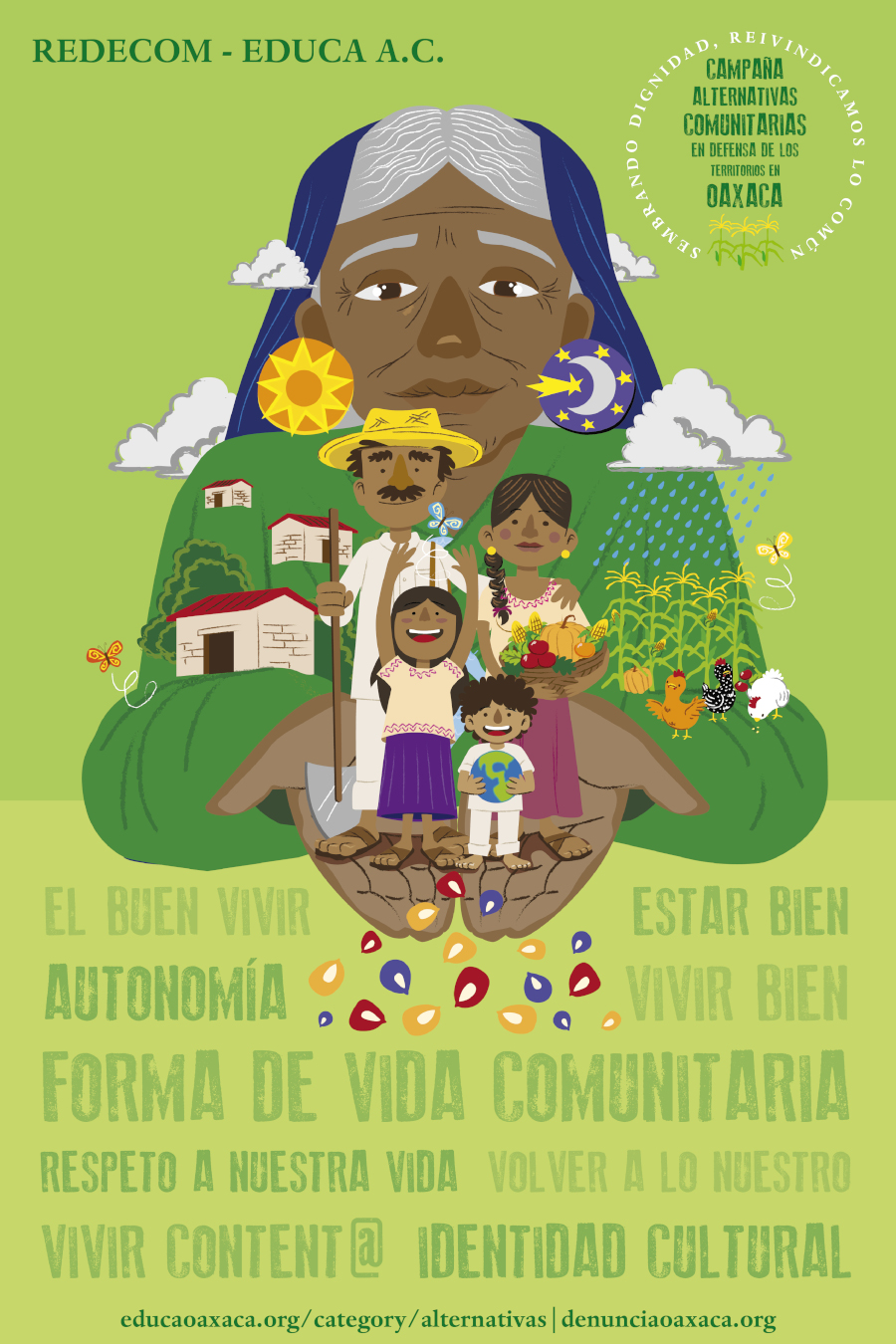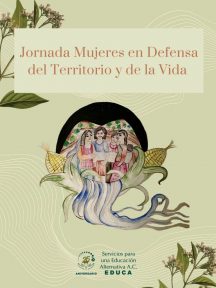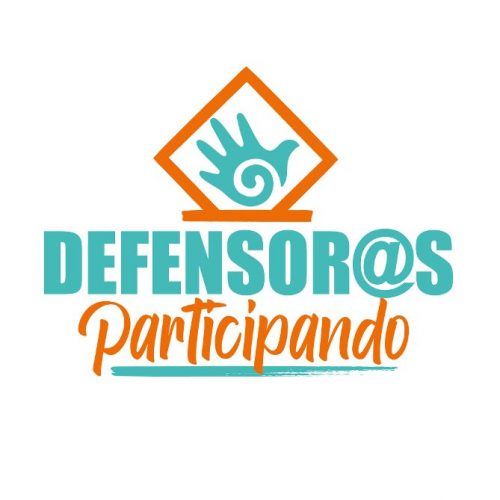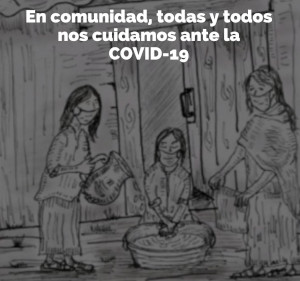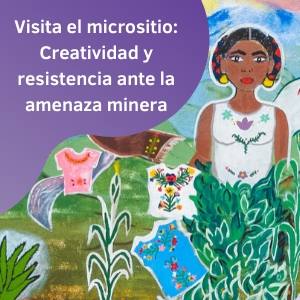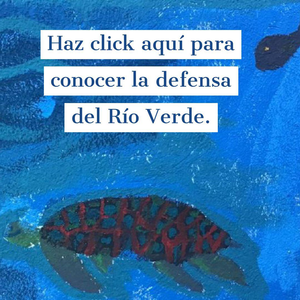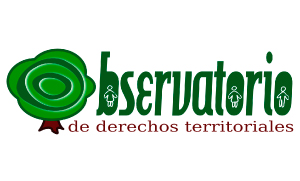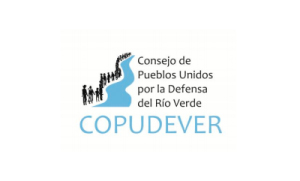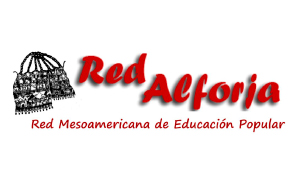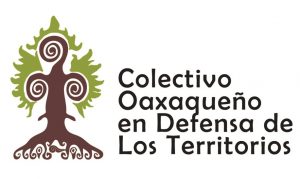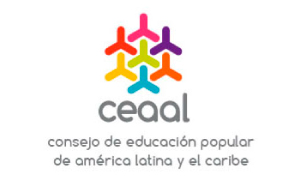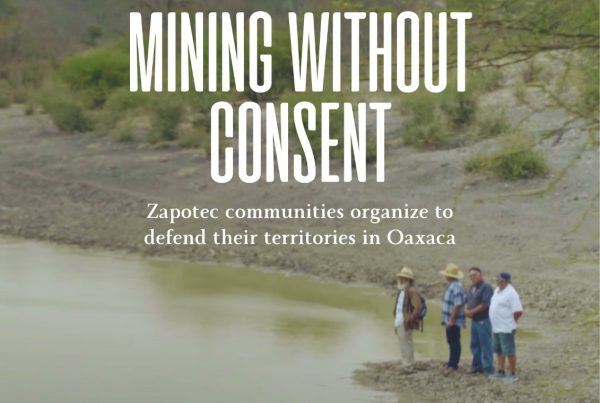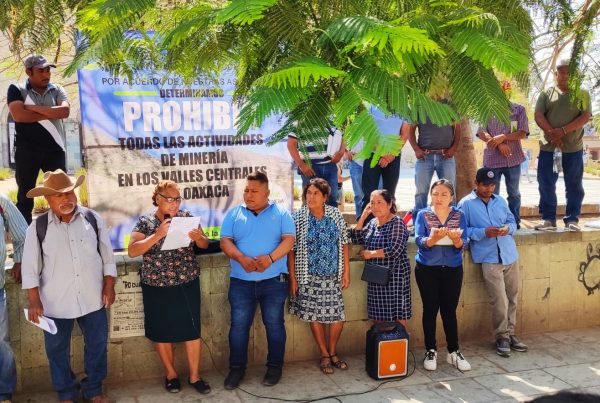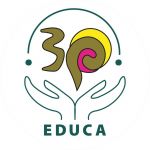 This year’s theme for the International Day of the World’s Indigenous Peoples on 9 August focuses on the right to education. The right of indigenous peoples to education is protected by the UN Declaration on the Rights of Indigenous Peoples, which in Article 14 states that “Indigenous peoples have the right to establish and control their educational systems and institutions providing education in their own languages, in a manner appropriate to their cultural methods of teaching and learning.”
This year’s theme for the International Day of the World’s Indigenous Peoples on 9 August focuses on the right to education. The right of indigenous peoples to education is protected by the UN Declaration on the Rights of Indigenous Peoples, which in Article 14 states that “Indigenous peoples have the right to establish and control their educational systems and institutions providing education in their own languages, in a manner appropriate to their cultural methods of teaching and learning.”
The right of indigenous peoples to education is also protected by a number of other international human rights instruments, including the Universal Declaration of Human Rights. The 2030 Agenda for Sustainable Development adopted by world leaders in September 2015 and the Sustainable Develop Goal 4 further underline this right, calling for eliminating gender disparities in education and ensuring equal access to all levels of education and vocational training, including for indigenous peoples.
It calls for ensuring equal access to all levels of education and vocational training for the vulnerable, including persons with disabilities, indigenous peoples and children in vulnerable situations.In spite of these instruments, the right to education has not been fully realized for most indigenous peoples, and a critical education gap exists between indigenous peoples and the general population.
Where data exist, they show consistent and persistent disparities between the indigenous and the non-indigenous population in terms of educational access, retention and achievement, in all regions of the world. The education sector not only mirrors the historical abuses, discrimination and marginalization suffered by indigenous peoples, but also reflects their continued struggle for equality and respect for their rights as peoples and as individuals. 
Today, the right to education is far from being fully realized for the world’s indigenous peoples. Across all regions, disparities persist between indigenous and non-indigenous populations in terms of education access, retention and achievement. The gap is even wider for indigenous women and girls, condemning them into a cycle of poverty, fewer opportunities, poorer health and lack of decision-making power.
Education, the most powerful instrument in the struggle against exclusion and discrimination, is still elusive for indigenous people in Latin America, who remain the most disadvantaged segment of the population despite their wide presence in the region. Indigenous peoples around the world continue to struggle for self-determination over their education, as highlighted by recent protests against proposed education reforms in Oaxaca, Mexico, which have left at least 7 people dead. In addition to the people killed, more than 100 were injured in protests that followed President Enrique Peña Nieto’s changes to the education system. Teachers across Mexico, especially in the southern states – with some of the highest levels of poverty and largest indigenous populations – have been protesting against the new educational reforms.
This reforms continue a pattern of laws and policies aimed at eliminating unions, including teachers unions. Peña Nieto also proposes to bring in standardised testing which teachers fear will disadvantage indigenous and other marginalised students. The killings are the latest in a long history of state-perpetrated violence, which has come into renewed focus since 2014, with the enforced disappearances of 43 students from Ayotzinapa Escuela Normal in Iguala, Guerrero, on their way to commemorate 1968’s Tlatelolco massacre of around 300 students.
More about the educational reform in Mexico:
Oaxaca’s teachers movement not thwarted by state terror
Read more:
2016 Theme: Indigenous Peoples’ Right to Education (UN)
International Day of the World’s Indigenous Peoples (UN Women)
Right To Education Still Elusive For Indigenous People in Latin America
Indigenous Communities Risk Lives in Struggle for Self-determination in Education
UN forum on indigenous issues urges talks between Mexican officials, teacher union wing
Marcelina, la voz del Mezquital San Pedro
![]()
